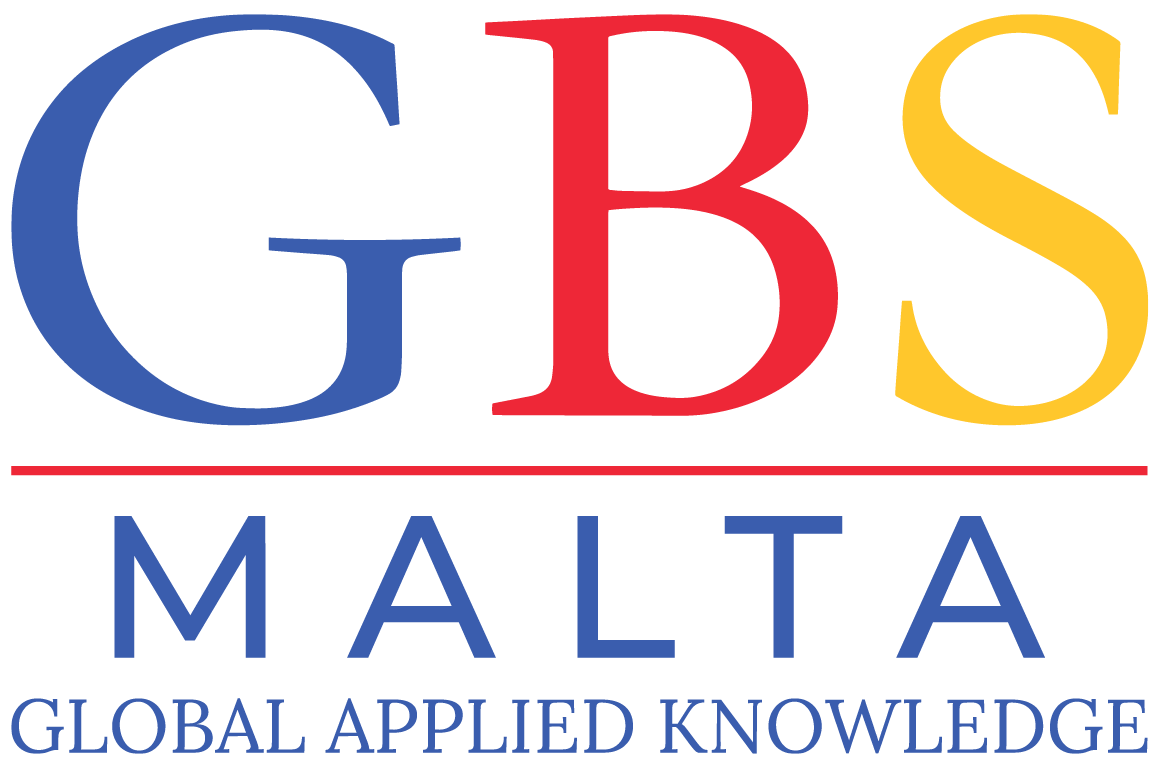Digital transformation demands new expertise
Digital transformation is a $5.6 trillion market shift. Companies now compete on algorithmic efficiency and data fluency. Consider this:
- Emerging technologies like AI and IoT are expanding at 13.4% annually.
- Cybersecurity breaches cost businesses $4.45 million on average.
- 44% of firms raise pay for AI-skilled talent amid scarcity.
A traditional IT education system cannot keep pace with the times. The solution? Foundational knowledge fused with agile learning.
Skills you need to thrive
To succeed in this era, you need digital age skills that blend technical expertise with adaptability. A BSc in computer science develops these capabilities, preparing you for the challenges of digital transformation.
You will need:
| Skill |
Why it matters |
| Programming |
Code in Python or Java to build software, apps, and websites. |
| Data Analysis |
Analyse big data to inform business and tech decisions. |
| Cybersecurity |
Protect systems from growing cyber threats in a connected world. |
| Cloud Computing |
Manage cloud platforms like AWS for scalable, modern solutions. |
| AI and Machine Learning |
Leverage intelligent systems for innovation in various industries. |
| Networking |
Ensure seamless device communication for global connectivity. |
| Problem-Solving |
Tackle complex challenges with logical, creative thinking. |
These digital age skills are in high demand, with Forbes noting that businesses prioritise technology-savvy professionals to stay competitive.
Core skills from computer science degree
A computer science degree trains you to speak the language of machines and humans. You will master the following:
- Problem decomposition: Breaking complex issues like data bottlenecks into solvable units.
- Algorithmic thinking: Optimising the code for speed, as taught in the algorithms and software design modules.
- System integration: Connecting cloud Application Programming Interface (APIs), databases and UX layers into seamless workflows.
- Adaptive learning: Experimenting with quantum computing or blockchain in Emerging Technologies courses.
These skills let you pivot when Python libraries evolve, or new frameworks emerge.
Emerging technologies you will command
Digital age professionals do more than just use tools; they reinvent them. A rigorous BSc in computer science immerses you in:
| Technology |
Application |
Industry impact |
| AI/ML |
Predictive analytics |
Healthcare diagnostics |
| DevOps |
CI/CD pipelines |
Software deployment at scale |
| Cybersecurity |
Threat modelling |
Financial data protection |
| Cloud Computing |
Distributed storage |
E-commerce infrastructure |
Why digital fluency equals career resilience
Digital transformation has rewritten the job security rules. In the IT sector, unemployment is just 2.2% for developers and 0.3% for network architects. The reasons are:
- Automation creates higher-tier roles: Routine coding gets outsourced; system design doesn’t.
- Cross-industry demand: Gaming, finance, and green tech all need cloud architects.
- Salary premium: Cybersecurity specialists earn €62K+ in Malta.
A computer science degree makes you the architect, not the bricklayer, of tech ecosystems.
Career paths in the digital age
A computer science degree opens doors to diverse, high-demand roles. The digital transformation across industries has created opportunities like:
| Career Role |
Description |
| Software Developer |
Build apps and systems for various sectors, from startups to technology giants. |
| Data Scientist |
Analyse data to drive insights for business, healthcare and more. |
| Cybersecurity Analyst |
Safeguard organisations from cyber threats, a growing concern in the digital age. |
| Cloud Engineer |
Design and manage scalable cloud solutions for modern businesses. |
| AI Engineer |
Develop intelligent systems for automation and innovation. |
These roles are booming, with Funtech reporting that cybersecurity and AI skills will be among the top-sought-after in 2023, reflecting the impact of emerging technologies.
How GBS Malta builds these skills
GBS Malta’s BSc (Hons) in Computer Science and Information Technology is tailored to equip you with these digital age skills. Our curriculum aligns with industry needs, ensuring you are ready for digital transformation. You can follow these steps:
A. Programming 1 and 2
Master coding fundamentals and advanced techniques like object-oriented programming.
B. Data Science and AI
Learn data collection, analysis and AI basics for real-world applications.
C. Security Systems
Gain cybersecurity expertise to protect digital assets.
D. Cloud Technologies
Get hands-on experience with platforms like Azure and AWS.
E. Emerging Technologies
Stay ahead with topics like IoT, blockchain, and quantum computing.
F. Networking Technologies
Understand network protocols and hardware for connectivity.
G. Algorithms and Software Design
Develop problem-solving skills for efficient solutions.
This practical approach ensures graduates are ready to tackle emerging technologies and contribute to global technology advancements.
Our three-year blueprint includes:
- Year 1: Programming fundamentals, algorithms, and group projects with simulating Agile teams.
- Year 2: Advanced modules like Security Systems and Cloud Technologies using AWS/Azure.
- Year 3: Specialisation in ML, DevOps and a self-directed final year project.
You will graduate with:
- Hands-on experience with emerging technologies like blockchain.
- A Malta Qualifications Framework (MQF Level 6) credential recognised across the EU/UK.
- Tax rebates covering 70% of tuition via Malta’s Get Qualified Scheme.
GBS Malta is your path to a tech-driven future

Digital transformation will not pause for doubt. The digital age rewards those who speak its language fluently. A BSc in Computer Science from GBS Malta equips you with skills to excel in the digital age. From coding to cybersecurity, our hands-on curriculum prepares you for global tech careers.
With expert faculty, real-world projects, and the Get Qualified Scheme refunding 70% of tuition fees, you’re set for success. Shape the future with confidence.
Ready to launch your tech career?
Take the first step towards a rewarding future in technology.
Apply now for GBS Malta’s October 2025 intake.





